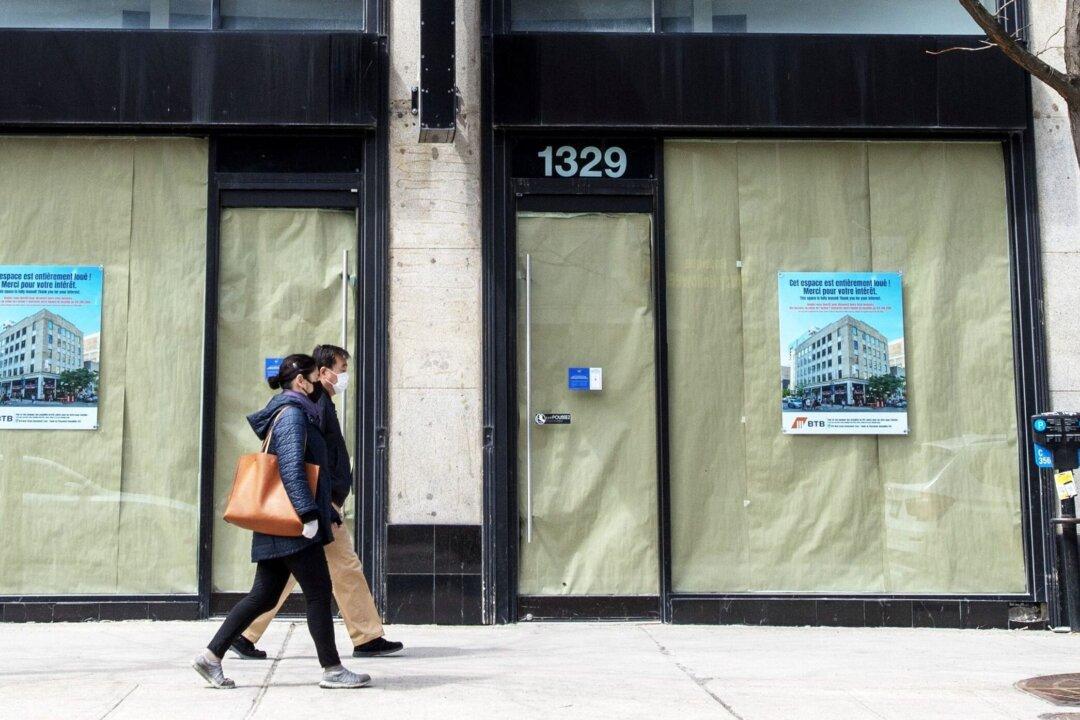Closed businesses and social isolation due to pandemic protocols have led to an increase in depression, stress, and suicide, according to surveys and mental health experts.
“I’m seeing a level of fear that I’ve not seen in my clinical experience over 20 years,” Dr. Roger McIntyre, professor of psychiatry and pharmacology at the University of Toronto, told the Epoch Times.





